Fans of rapper Bad Bunny were outraged over how CBS chose to handle closed captioning for Puerto Rican artist Bad Bunny's performance and acceptance speech at last night's Grammy Awards ceremony.
Bad Bunny kicked off the broadcast with a medley of songs performed in Spanish. The closed captioning during his performance read just “SINGING IN NON-ENGLISH."
Fans and other viewers immediately decried the choice as racist, ableist and xenophobic.
Oscar winning actor Marlee Matlin was among those who criticized the choice.
\u201cClosed captioning is not only for Deaf ppl but EVERYONE wanting to understand what's being said OR SUNG. Broadcasters and streamers need to know lyrics & non-English words MUST be captioned not relegated to 2nd class status. #Grammys #BadBunny #captionthis https://t.co/1yAcwCUHrh\u201d— Marlee Matlin (@Marlee Matlin) 1675730474
The network also used closed captioning reading just “SPEAKING NON-ENGLISH" when Bad Bunny gave his acceptance speech for best Música Urbana Album for Un Verano Sin Ti both in Spanish and in English.
The network's failure sparked backlash online, including from one Twitter user who noted Bad Bunny "sings in Spanish in a country with millions of Spanish speakers" and it's both "ignorant" and "insulting" not to provide proper closed captioning.
\u201cAs a Puerto Rican, Latina and Spanish speaker, putting "[SINGING IN NON-ENGLISH]" while Bad Bunny (one of the most popular artists in the world) sings in Spanish in a country with millions of Spanish speakers, is IGNORANT and INSULTING. Do better CBS. #Grammys2023\u201d— Lyra Hale \u270d\ufe0f\ud83c\uddf5\ud83c\uddf7\ud83c\udff3\ufe0f\u200d\ud83c\udf08 (@Lyra Hale \u270d\ufe0f\ud83c\uddf5\ud83c\uddf7\ud83c\udff3\ufe0f\u200d\ud83c\udf08) 1675654140
According to Deadline, Grammy organizers and CBS are both culpable for not hiring a bilingual closed captioner.
Other acts' performances were transcribed onscreen and both parties knew about Bad Bunny's performance well ahead of time.
Sources told Deadline CBS planned to use Spanish-language captions on a West Coast replay of the Grammy Awards, which did not appease fans who noted Bad Bunny was streamed more than singer Taylor Swift, according to recently released Spotify data.
CBS and Grammy organizers were harshly criticized for their error.
\u201cThis closed caption seems rude & ethnicity insensitive. Non-English? How about Spanish. Fix it Bad Bunny. \u2066@GRAMMYAdvocacy\u2069\u201d— Dish Central by C.J. (@Dish Central by C.J.) 1675645942
\u201cthe opening performer is a latino global superstar and the production didn't spring for spanish closed captioning \ud83d\ude10 #GRAMMYs \n\nhttps://t.co/H6N8lRUy96\u201d— catalina (@catalina) 1675653232
\u201cWe are so much better at accessibility and inclusion than a lot of other places in the world. That said, we have so, so far left to go. \nhttps://t.co/L6bFgG2Fup\u201d— Roehl Sybing (@Roehl Sybing) 1675695839
\u201cI\u2019m going to have my kids look at Bad Bunny\u2019s speech and do their best to interpret it in English\u2014see if they can help the network out.\ud83e\udd26\ud83c\udffb\u200d\u2640\ufe0f #langchat CBS Grammys Telecast Skips Bad Bunny Closed Captions & Displays \u201cSinging Non-English\u201d Instead \u2013 Deadline https://t.co/qbMLsseASe\u201d— Aubrey Swisher (@Aubrey Swisher) 1675665379
\u201cclosed caption saying [speaking non english] while bad bunny up there is crazy\u201d— ( \u25dc\u203f\u25dd )\u2661 rae (@( \u25dc\u203f\u25dd )\u2661 rae) 1675649480
\u201cThe closed caption during Bad Bunny is embarrassing #GRAMMYs\u201d— Seemuralsnmusic on IG (@Seemuralsnmusic on IG) 1675645382
\u201cThe closed caption over Bad Bunny on the Grammys saying \u201csinging non-English\u201d is not it.\u201d— Leah H. (@Leah H.) 1675645390
\u201cInstead of translating what Bad Bunny was saying, the Grammy Awards simply opted to say \u201cspeaking non-English.\u201d \n\nAnd you call this progress? https://t.co/LFFFvlvWeA\u201d— Elvia Diaz (@Elvia Diaz) 1675701802
\u201cTo all of my Hispanic brethren, I keep trying to tell you, "They don't like you, either." Stop trying to be like those who denigrate and degrade you at every opportunity - https://t.co/SlQbcjKQpF\u201d— melvinroach (@melvinroach) 1675688770
Closed captions were created for deaf and hard of hearing individuals to assist in comprehension.
They can also be used as a tool by those learning to read, learning to speak another language or in an environment where the audio is difficult to hear or is intentionally muted.
Captions can also be used by viewers who simply wish to read a transcript along with the program audio. The technology has been in use since the early 1970s and is regularly used on live television broadcasts.
The failure on the part of CBS to caption the performance properly also offers an example of ableism, which is defined as discrimination and social prejudice against people with disabilities or who are perceived to be disabled.

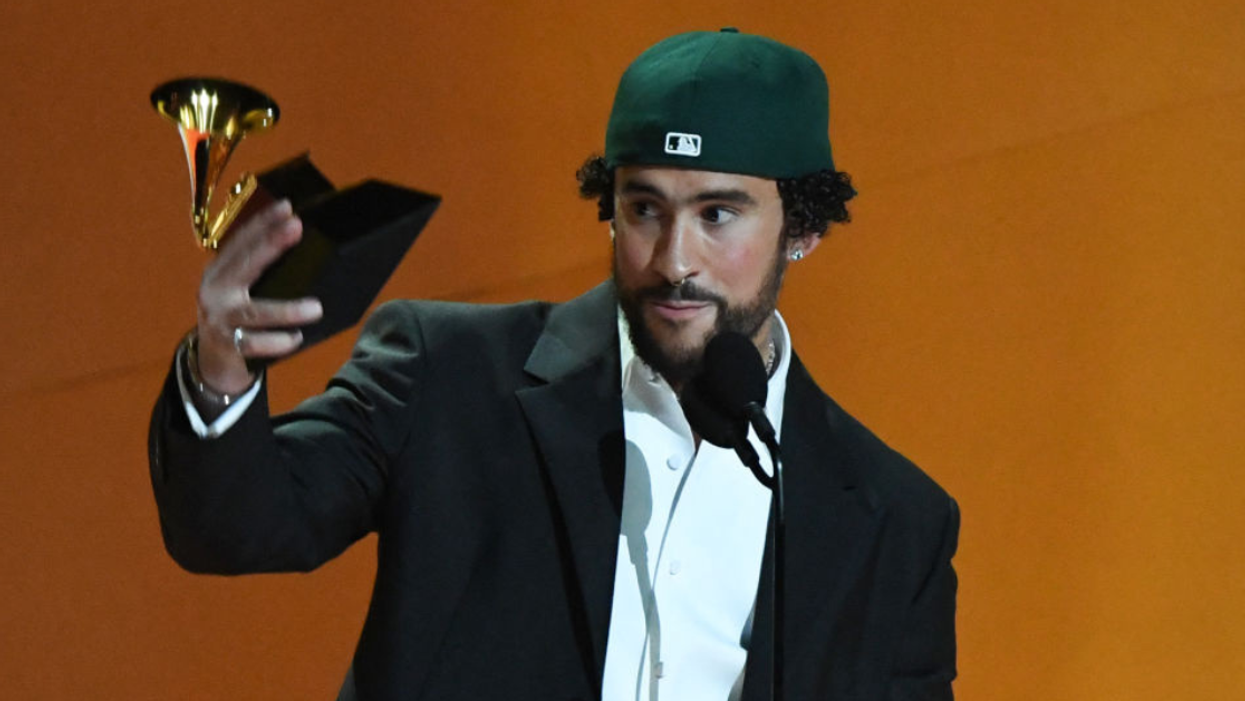


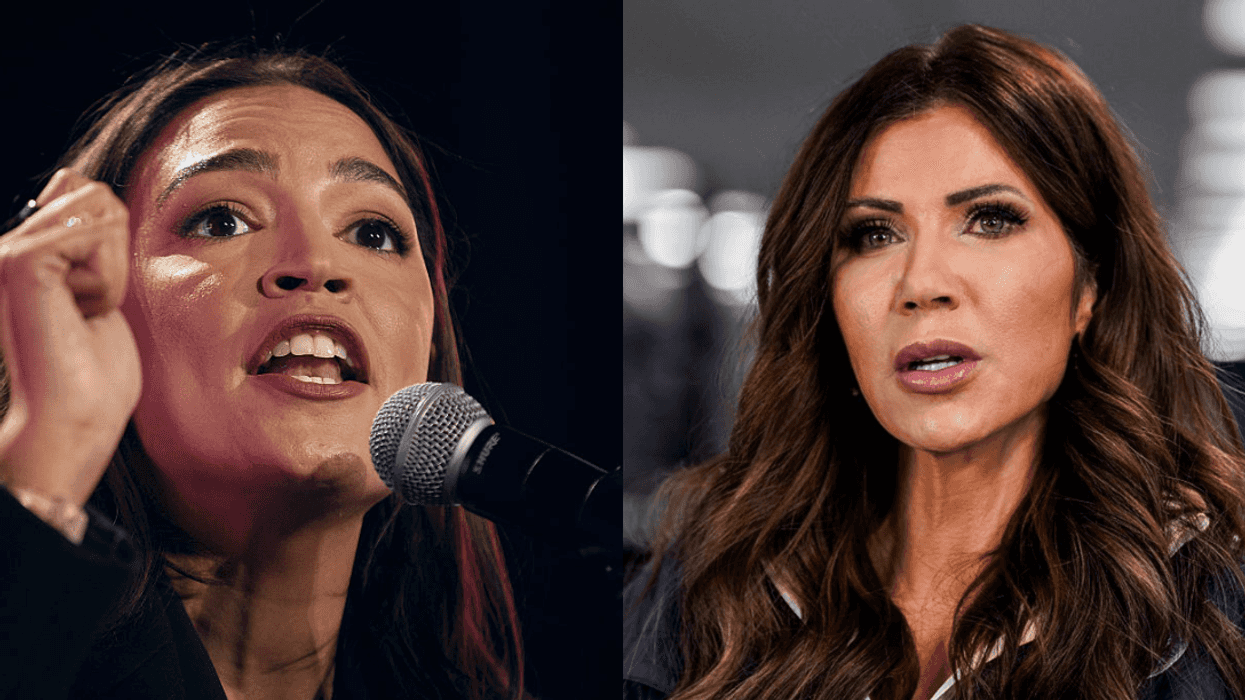

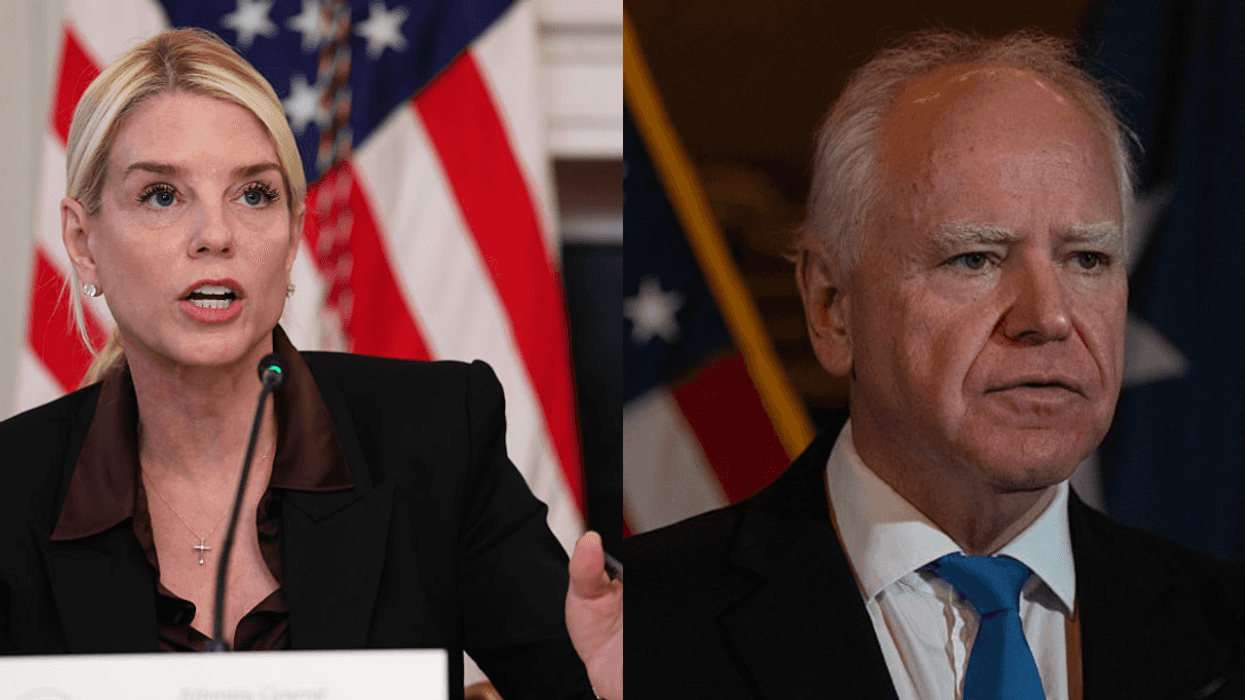

 @kirstendunst/Instagram
@kirstendunst/Instagram 



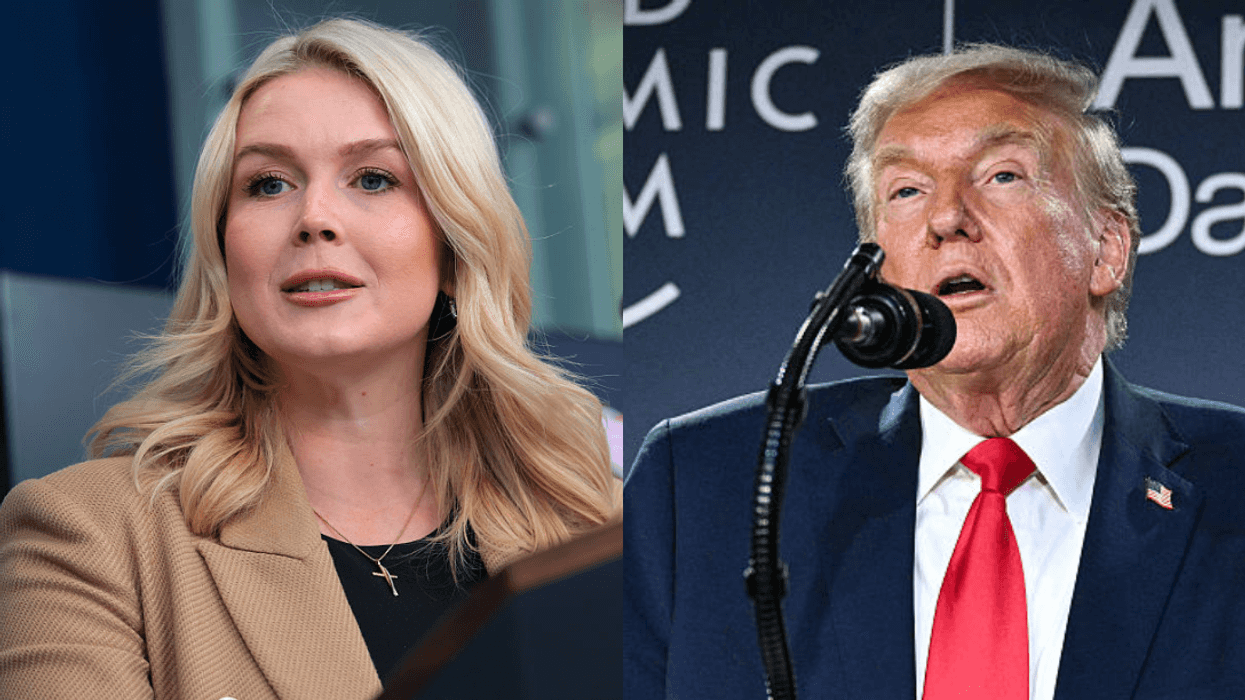
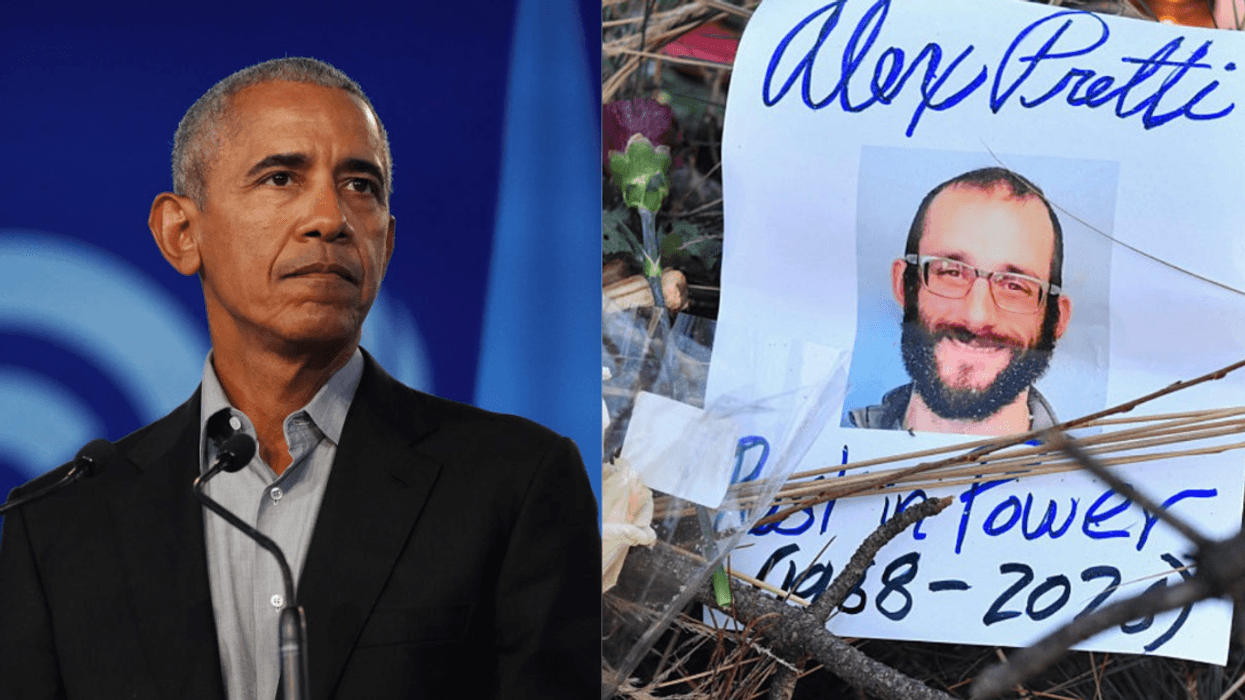
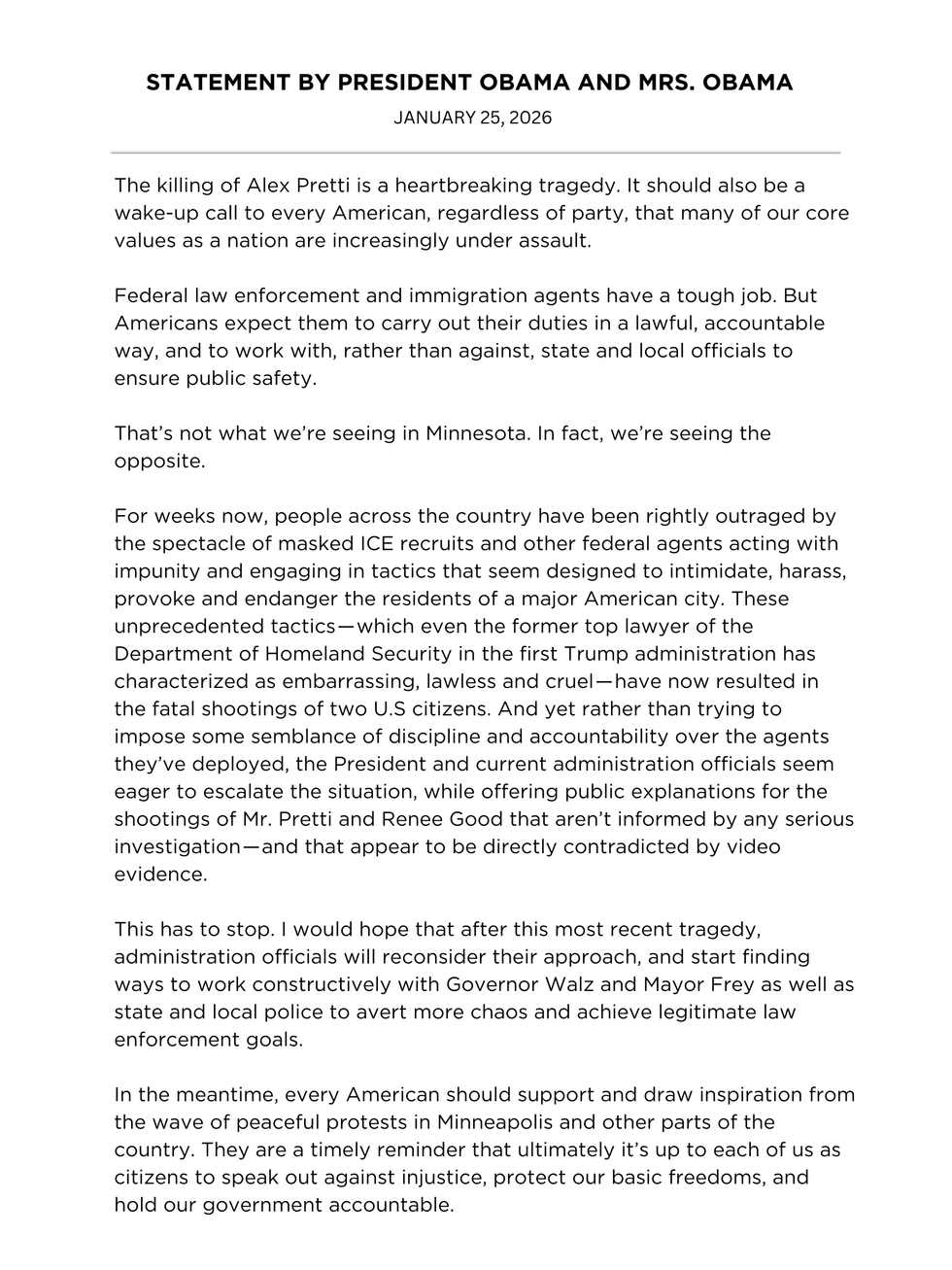 Barack Obama/Medium
Barack Obama/Medium

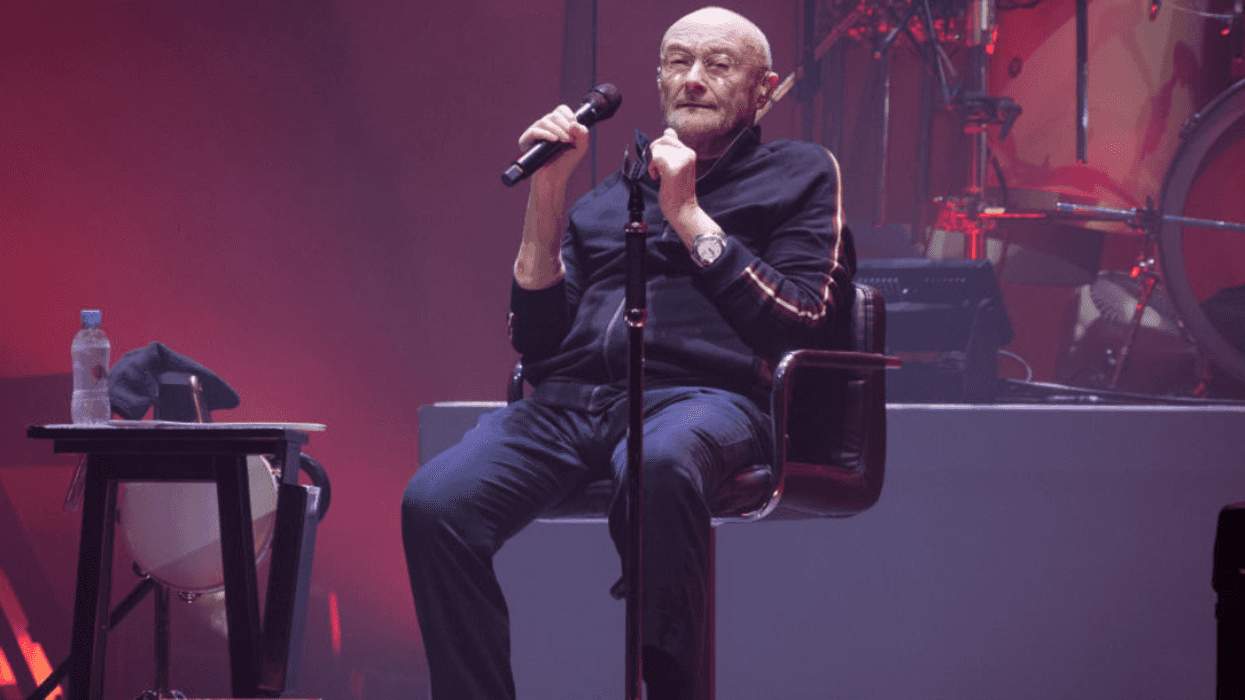
 @People/Facebook
@People/Facebook @People/Facebook
@People/Facebook @People/Facebook
@People/Facebook @People/Facebook
@People/Facebook @KY3/Facebook
@KY3/Facebook @KY3/Facebook
@KY3/Facebook @The Rod Ryan Show/Facebook
@The Rod Ryan Show/Facebook @Consequence/Facebook
@Consequence/Facebook @Celeb Tattler/Getty Images
@Celeb Tattler/Getty Images @People/Facebook
@People/Facebook